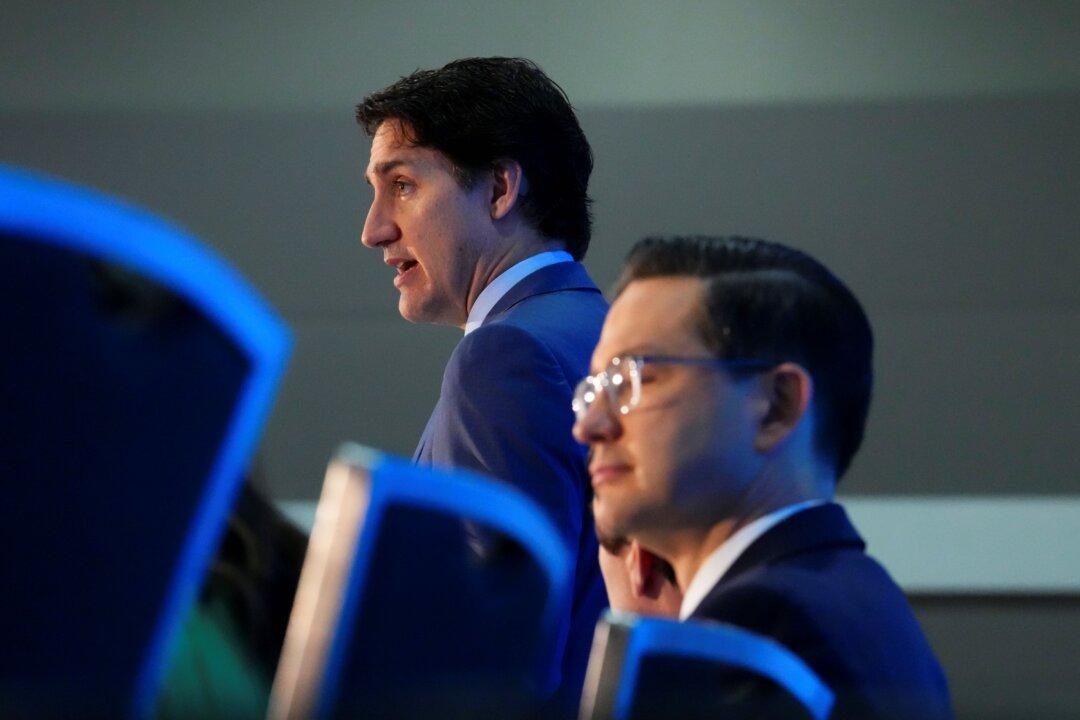Prime Minister Justin Trudeau, Conservative Leader Pierre Poilievre, and dozens of Canadian MPs have been targeted by a “spamouflage” campaign coming from China, said Global Affairs Canada (GAC).
The agency’s Rapid Response Mechanism (RRM) detected the campaign in which a bot network left thousands of comments in English and French on the social media accounts of Canadian MPs, the GAC said in a statement issued on Oct. 23. The incident was first detected in early August 2023 and accelerated in scale over the September long weekend, said the GAC.





